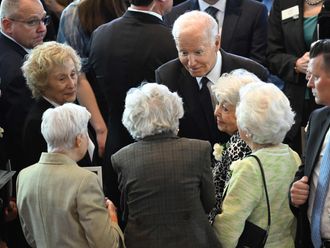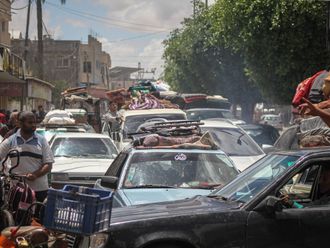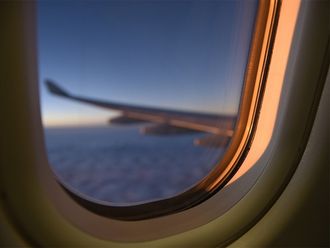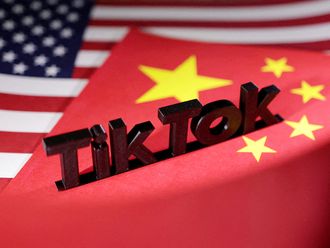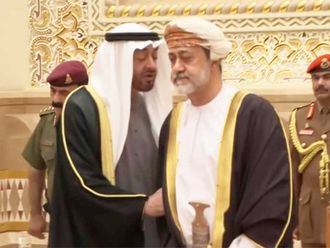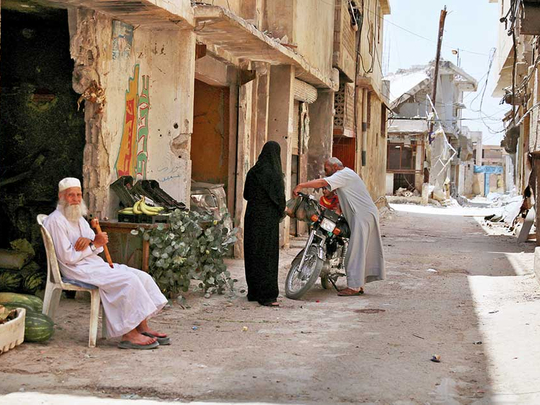
Damascus: Syrian negotiators are continuing the seventh round of UN-mandated peace talks in Geneva today, greatly overshadowed by the recapture of the Iraqi city of Mosul and recent ground-breaking developments on the Syria crisis, scored last week in Astana and Hamburg.
Last Friday, a US-Russian deal was reached on the sidelines of the G20 Summit, regarding the establishment of a new ‘de-conflict zone’ in southern Syria. Two days earlier, on July 5, Russia, Turkey, and Iran had agreed on the creation of similar zones north of the Homs, east of Damascus, and in the northwestern city of Idlib, leaving the Syrian south for US President Donald Trump and Russian President Vladimir Putin to settle in Germany.
All four zones will be officially de-militarised, while non-state players will be pushed away from both the Syrian-Israeli and Syrian-Jordanian borders by a distance of no less than 55 kilometres. This would apply essentially to Hezbollah, Jabhat Al Nusra, and the Daesh branch in southern Syria, known as the Khalid Bin Al Waleed Army.
Damascus officialdom will get to raise the Syrian flag in all four zones, and to reopen police stations, schools, and the Syrian-Jordanian borders for trade, but will be prohibited from sending tanks, warplanes, and soldiers.
Details are still to be reached on who will police the four zones, with the Syrian opposition refusing to accept an Iranian role in the Damascus countryside, while the Syrian government continues to veto Turkish military presence in Idlib or US deployment in southern Syria.
What everybody agrees upon is letting the Russians do the job, monitoring the ceasefire through the deployment of its military police just like they did in the northern city of Aleppo, after recapturing from the rebels last December.
It is currently manned by 600 Russian troops and more are expected to land at a new Russian base not far from Damascus, currently being built at the Khirbet Raes Al Waer, approximately 50 kilometres from the Syrian capital.
The Trump-Putin agreement, which went into effect on Sunday, actually clips the wings of Iran and Hezbollah in southern Syria, while turning a blind eye to the fate and future of President Bashar Al Assad in Damascus.
Ultimately, government troops and the armed opposition are expected to unite efforts in the war against Daesh, which is a high priority for the US Administration.
Confidence building measures have to follow in the weeks ahead, like prisoner swaps, respect of the ceasefire lines, the dismantling of mines, allowing humanitarian aid to reach besieged towns and villages, and letting Syrian refugees return to their homes, mainly those living in Jordan since 2011. Meanwhile, as one team was talking military technicalities, the negotiators in Geneva were discussing politics and debating a Russian-proposed constitution for Syria, which breaks the centralised authority of Damascus and paves the way for local administration in the four above mentioned zones, with newfound rights like electing their own governor, getting their share of their region’s wealth, and setting up a local parliament to run their day-to-day affairs.
That constitution was supposed to see the light in August 2017, because of strong reservations from Damascus. Among other things, Syrian lawmakers objected to the slashing of 23 duties of the president of the republic, according to the new charter, and to putting the Kurdish language on equal footing with Arabic in what many are now calling “Russian Syria.”
Previous priorities, like early presidential and parliamentary elections and the creation of a transitional government body to replace Al Assad, have been all but dropped from the negotiating table, at the insistence of Moscow.


